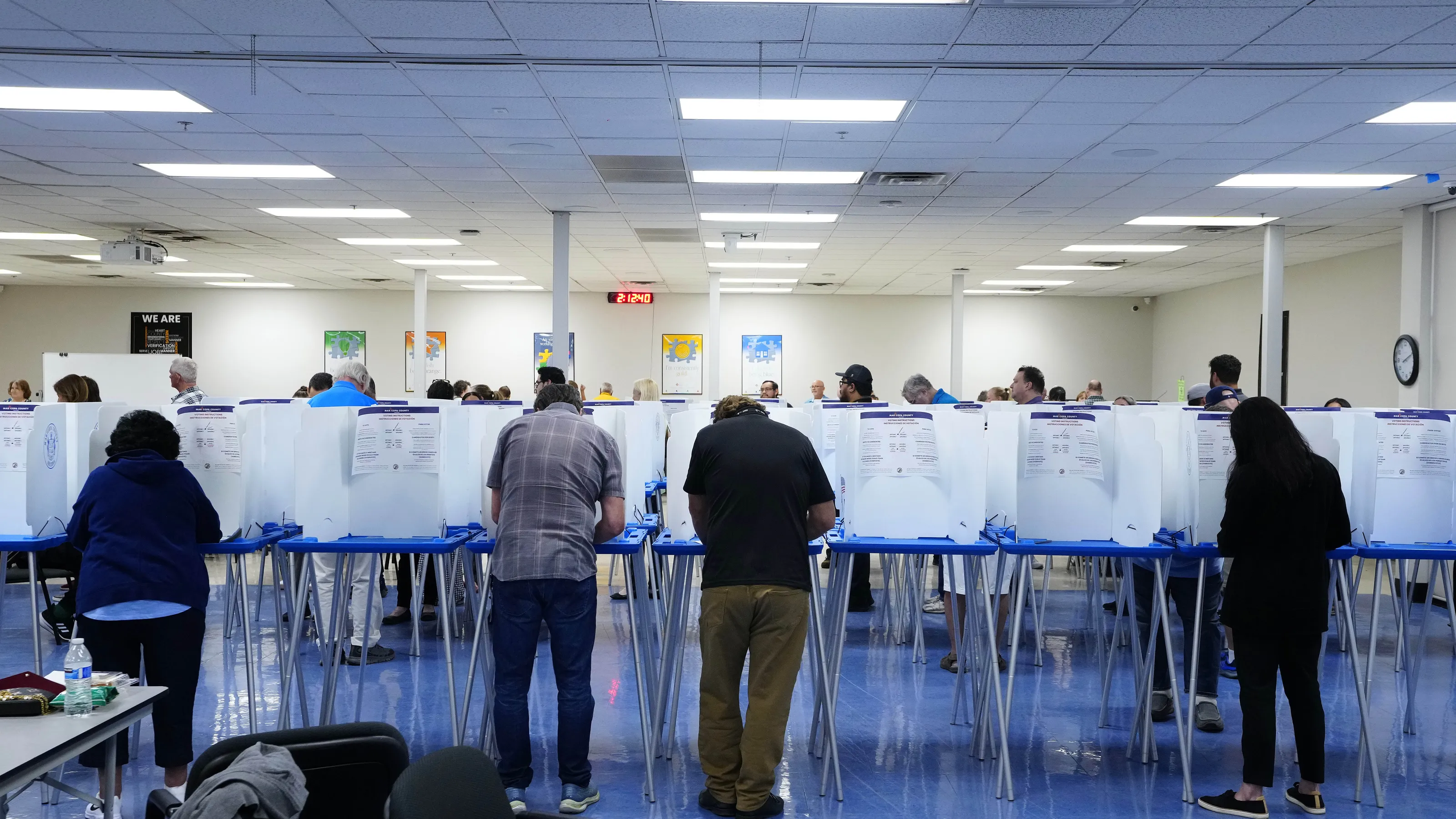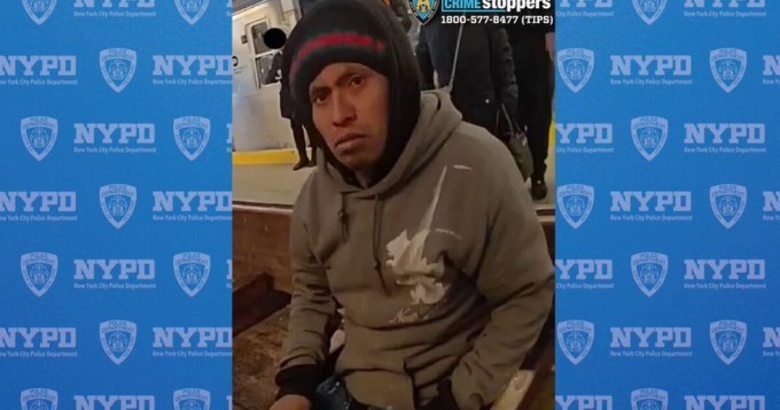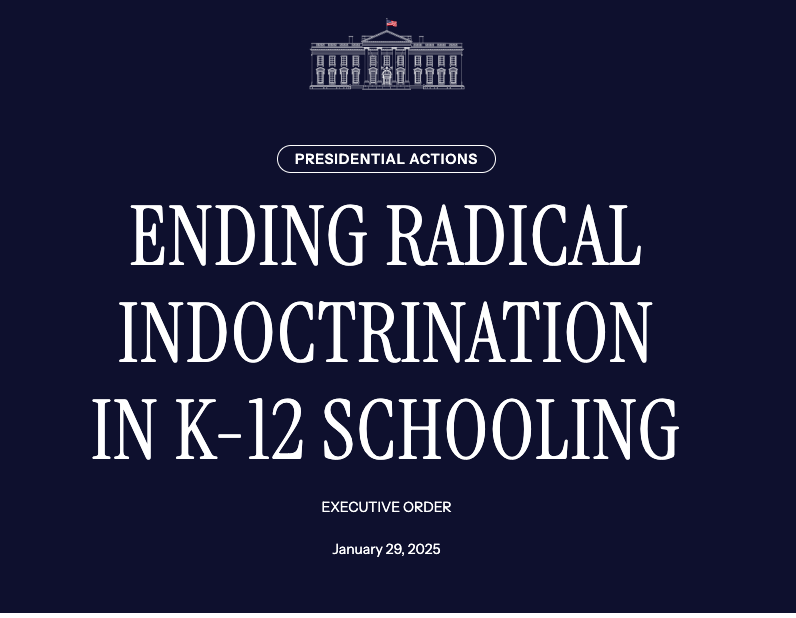Arizona’s Secretary of State Adrian Fontes is facing legal action over allegations that more than 218,000 individuals registered to vote without providing the legally required proof of citizenship.
The lawsuit, filed by America First Legal (AFL) on behalf of the Strong Communities Foundation of Arizona, accuses the Secretary of withholding a list of these voters, despite a public records request demanding its release.
The lawsuit, which shines a light on voter registration issues in Arizona, comes at a critical time as the state prepares for upcoming elections. According to AFL, Fontes’s office has refused to make the list public and rejected the request under the guise of protecting voters from harassment, claiming the requestor may misuse the information. AFL dismisses this explanation as baseless and argues that the list has already been compiled by the Secretary’s office, which should make releasing it straightforward.
“Rather than acting with transparency, Fontes’s office responded with an over-the-top rant about conspiracy theories,” AFL stated in a press release, refuting the Secretary’s claim that EZAZ.org, the organization they represent, might harass the voters on the list. The organization insists its mission is to protect voter rights, not to intimidate individuals, and that there’s no merit to the accusations.
One of the more pressing concerns raised by the lawsuit is the Secretary of State’s refusal to share the list with county recorders, whose responsibility it is to ensure that only citizens are eligible to vote. Arizona law requires that county recorders conduct monthly checks to confirm the citizenship status of voters who have failed to provide proof. According to AFL, the Secretary’s refusal to distribute the list makes it impossible for counties to fulfill their legal obligation.
Elon Musk, known for his active presence on social media, also weighed in on the matter, warning Arizona residents about potential disenfranchisement in future elections if the issue isn’t resolved. “Citizens of Arizona, this election is your last chance before you’re disenfranchised,” Musk wrote on X, amplifying the growing concerns among conservative groups about voter integrity in the state.
The roots of the issue go back further than initially thought. In mid-September, Maricopa County recorder Stephen Richer revealed a “flaw” in Arizona’s voter registration system that dates back more than a decade. This flaw, affecting every county in the state, allowed approximately 97,000 individuals to register without providing proof of citizenship. Richer’s revelation triggered a storm of controversy, but it was later discovered that the number of impacted voters was much higher—closer to 218,000.
According to Richer, the problem arose from a gap in Arizona’s system for verifying citizenship. While the state has required proof of citizenship to vote since 2004 and proof of citizenship for driver’s licenses since 1996, the registration system inadvertently allowed certain individuals to slip through the cracks. Specifically, those who obtained a driver’s license before 1996 but later renewed or replaced it were incorrectly marked as having provided citizenship documentation, even though their original records did not contain such proof.
The flaw, which has existed since 2004, impacted voters across the state, including Republicans, Democrats, and independents. This discrepancy has led to significant confusion and debate over whether these individuals should be allowed to vote in upcoming local elections.
In response, Richer filed a lawsuit against the Secretary of State’s office, arguing that these voters should only be allowed to vote on federal ballots, as they have not met the state’s documented proof of citizenship requirement for local elections.
Richer has been vocal on the issue, stating on X, “It is my position that these registrants have not satisfied Arizona’s documented proof of citizenship law, and therefore can only vote a ‘FED ONLY’ ballot.” He also noted that the Secretary of State’s office has opposed implementing changes so close to the election, citing concerns that it would create an undue burden on voters.
On September 20, the Arizona Supreme Court ruled that the 97,000 impacted voters would be allowed to cast a full ballot, despite the flaws in the registration system. However, just days later, the Secretary of State’s office announced the discovery of an additional 121,000 voters who had also been registered without providing proof of citizenship, bringing the total to approximately 218,000.
The breakdown of these voters includes around 79,000 Republicans, 61,000 Democrats, and 76,000 unaffiliated voters. Despite the revelation of the larger number, the court’s earlier decision still stands, meaning all 218,000 individuals will be eligible to vote in upcoming elections.
Arizona’s voter registration scandal has ignited fierce debate, with both sides of the political spectrum voicing concerns over voter integrity and access. The lawsuit and subsequent revelations highlight the challenges states face in maintaining accurate voter rolls while ensuring that all eligible citizens can exercise their right to vote. As the case moves through the courts, its outcome could have far-reaching implications for election procedures not just in Arizona, but nationwide.


